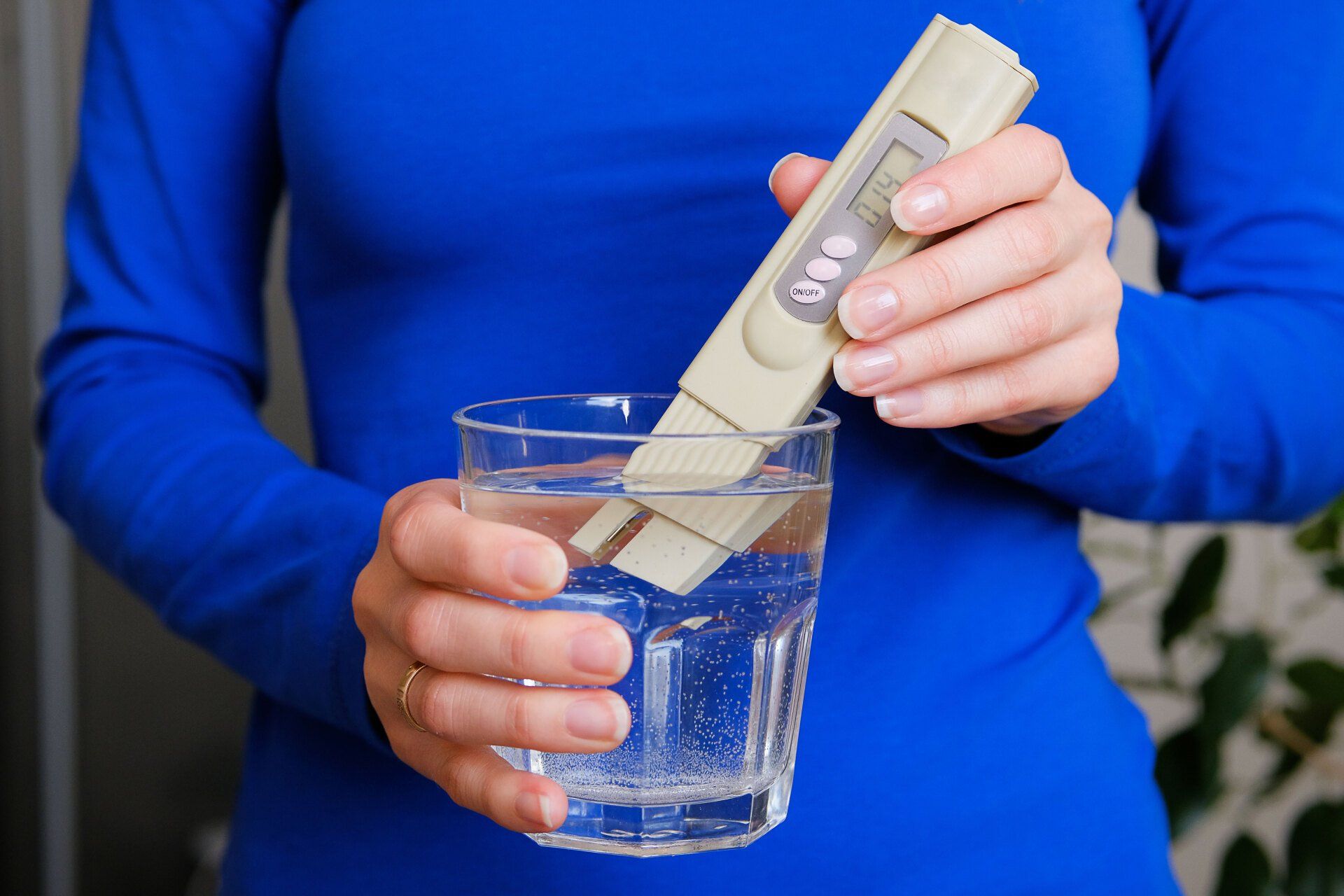Why Do You Need to Know About Water Purity?
Most Americans get their drinking water from large scale municipal water systems that rely on surface water surfaces such as rivers, lakes and reservoirs. However, in New England, millions of people depend on private water sources such as wells and aquifiers. In either case, the U.S. enjoys one of the cleanest drinking water supplies in the world. The Environmental Protection Agency (EPA) regulates the quality of the nation's drinking water by issuing and enforcing safe drinking water standards.
About The House can test your water two ways. A basic water test includes calcium, hardness, iron, magnesium, manganese, sodium, chloride, fluoride, nitrate, radon, ph, coliform bacteria and e.coli bacteria. A comprehensive water test includes all of the above plus copper, arsenic, lead and nitrate.
We satisfy New Hampshire Housing, FHA/VA loan requirements.

Drinking Water & Health: What You Need to Know
National statistics don't tell you specifically about the quality and safety of the water coming out of your tap. That's because drinking water quality varies from place to place, depending on the condition of the source water from which it is drawn and the treatment it receives.
If you have your well, you are responsible for ensuring that your water is safe to drink. Private wells should be tested annually for nitrate and coliform bacteria to detect contamination problems early. Test more frequently for other contaminants, such as radon or pesticides, if you suspect a problem. Check with your local health department and local public water systems that use groundwater to learn more about the well water quality in your area and what contaminants you are more likely to find.
*From the EPA website regarding water purity
